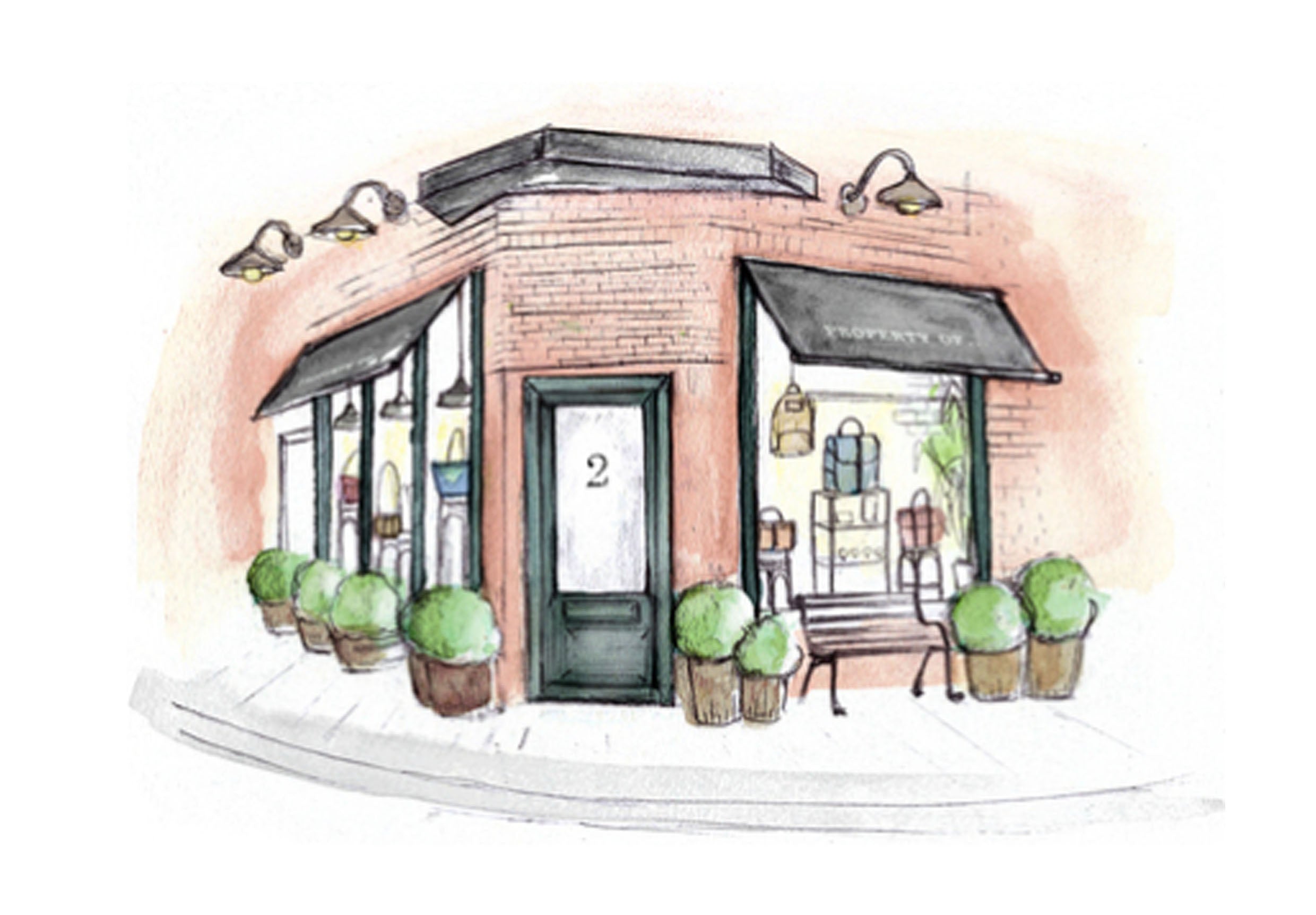LAGUNA TORRE
Laguna Torre is the second most popular hike in El Chaltén. It leads from the village along the river up to the laguna. The whole hike takes around 6 hours (return) and is easier than the Laguna De Los Tres.
HOW TO GET THERE?
El Chaltén is about an 3,5 hour drive from El Calafaté. Various tour operators offer bus trips from El Calafaté, but we rented our own car. The drive is beautiful and easy. El Chaltén is a hiker's paradise and you can easily stay here a week. But if you only have time for one hike, than the Laguna De Los Tres is the hike you cannot miss!!
HOW TO DO THE HIKE
WHERE DOES THE HIKE START?
The trek starts at the top of the El Chaltén village. All treks in this area have very good signage and are easy to find.
IS THE HIKE DIFFICULT?
Not really. The total hike takes about 6 hours return. As most hikes in El Chaltén it starts with a short, steeper part to get from the village to the first plateau. From there it is an easy hike a long the river bed up to the laguna. While a big part of the trek is sheltered in the woods, the last part at the laguna can be very windy.
WHAT TIME SHOULD YOU START?
We noticed that most people started their hikes around 9:00am. We prefered to start a bit earlier (7:00am) to avoid the crowds. Especially the 2 big hikes (Laguna De Los Tres & Laguna Torre) can get pretty busy. If you are not worried about the crowds then you have all day. The summer in Patagonia is long and it only gets dark around 9:30pm.
WHAT SHOULD YOU TAKE?
As with all hikes, we definately recommend to wear proper hiking shoes. The trek is pretty rocky towards the end. Another thing to remember is that the weather in Patagonia changes all the time. You can have 4 seasons in one day. So dress in layers and make sure you have an extra (lightweight) jacket with you. And don't forget suncreen (at least factor 30) and sun glasses!!! The sky might be cloudy, but you are in the mountains and the UV radiation is strong. For the rest, some water, lunch and a powerbank should be enough.
BEST TIME OF THE YEAR:
Patagonia is best to visit between November and March.



Money Money Money
Money in Argentina can be pretty confusing. Due to the high inflation and the constant financial crisis, Argentina has developed a very unique system and depending on how you pay (cash vs. credit card) you get different exchange rates.
Here is how it works:
THE OFFICIAL RATE (Red Dollar):
The official exchange rate is what you see on sites like Booking.com. At the time of our travels that was around 190 Pesos for 1 US$. But don't worry, this rate will never apply.
CREDIT CARDS:
It used to be that when you paid by credit card they would charge you the official rate. Which was the reason that no tourist ever used their credit card and tried to pay everything in cash. But in November 2022 the Argentinian government introduced a special tourist credit card rate to encourage people to pay more by card (which leads to more tax earnings for the government). At the time of our travel that was around 340 pesos for 1US$. It is still not as good as the rate you get for cash payments, but still much better than the official rate.
We noticed on our credit card statement that first they deducted the official rate but then refunded some of that money.
This also works for booking things online. As long as you use a Non-Argentinian credit card (Mastercard & Visa).
CASH (Blue Dollar):
Cash is king in Argentina but also pretty annoying. You can either take US$ and/or Euros (doesn't matter which one) with you from home and exchange them in Argentina or you can use the Western Union App to send yourself money and then pick up the cash in Argentina. (The WU app works very well and you can send the money within minutes. Just make sure you clear the identification process before you travel otherwise your limit is 1000€). At the time of our travel we would get around 390 Pesos for one 1US$ via the WU app.
HOW TO BOOK?
The easiest is to book through i.e. Booking.com but then choose "pay cash at location" as payment method. (BTW: Airbnb does NOT allow you to pay cash at location. You need to pay through the Airbnb system and therefor don't get the great exchange rate.)
TAKE A BIG WALLET:
Since the biggest bill in Argentina is 1000 Pesos (Which equals around 2,50€.) you will carry big bundles of cash. So make sure you take an extra pouch when exchanging money.






